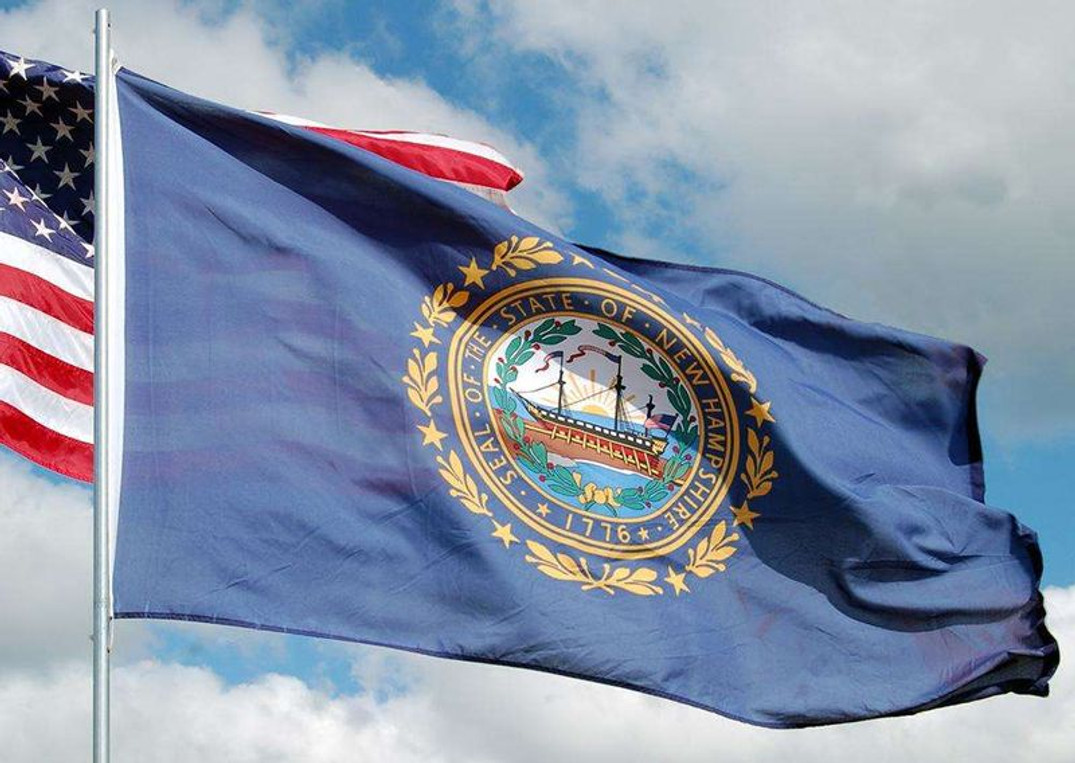Monday, June 9, marked the beginning of National Wild Turtle Week. In New Hampshire, it also signals the start of turtle nesting season, when these shelled reptiles travel from wetlands and vernal pools to upland nesting sites. Nesting season typically spans from mid-May through early July, with peak activity occurring in June.
One of the most significant threats to turtle populations in the Granite State is being struck by vehicles. While male turtles often travel over land in search of food or breeding opportunities, mature female turtles leave their home wetlands every spring to lay eggs. Some may travel over a mile, often returning to the same nesting sites year after year. These sites are typically open, sandy, or gravelly areas, sometimes located far from water. To reach these destinations, turtles frequently must cross roadways, putting them at considerable risk.
“Turtle nesting season provides us with a unique opportunity to see many of the state’s turtle species moving on land, but it is also an extremely vulnerable time for them,” said New Hampshire Fish and Game Department Wildlife Biologist Joshua Megyesy. “We can all do our part to help turtles safely reach their nesting habitats by slowing down when driving and keeping an eye out for them as they cross roadways in the coming weeks.”
How You Can Help New Hampshire’s Turtles
-
Slow down and stay alert. Watch for turtles crossing roadways, especially near wetlands and nesting areas.
-
Help turtles cross safely. If you see a turtle in the road and it is safe to do so, assist it in crossing in the direction it was heading. Never put yourself or others in danger. Handle snapping turtles with extreme caution, or allow them to cross on their own.
-
Do not take turtles home. Removing a turtle from the wild harms the local population. All native New Hampshire turtles are protected by state law during nesting season, and several species are protected year-round from collection.
-
Do not relocate turtles. Even if a turtle seems far from water, it knows where it is going. Moving it elsewhere can cause stress and may lead to death if it cannot adapt to the new environment.
-
If you find an injured turtle, contact a licensed wildlife rehabilitator at New Hampshire Turtle Rescue (603-417-4944) or NH Fish and Game’s Wildlife Division (603-271-2461).
-
Report turtle sightings (living or deceased) to NH Fish and Game’s Reptile and Amphibian Reporting Program at tinyurl.com/RAARP. Be sure to include the date, time, location, and photos if possible.
-
Support habitat conservation. Work with land trusts and town officials to help conserve important natural areas for turtles in your community.
-
Manage mulch responsibly. Spread garden mulch as soon as possible. If it must be piled for several days, cover it with plastic to prevent it from attracting nesting turtles near wetlands.
To learn more about Wild Turtle Week, visit: fws.gov/initiative/protecting-wildlife/wild-turtle-week
To learn how to identify New Hampshire’s seven native turtle species, visit: www.wildnh.com/nongame/turtles.html
The Nongame and Endangered Wildlife Program at NH Fish and Game partners with state agencies and private organizations to protect more than 400 species of mammals, birds, fish, reptiles, amphibians, and thousands of invertebrates in New Hampshire. To support these vital efforts, visit www.wildnh.com/nongame and help the program reach its annual fundraising goal. Donations also help secure matching state funds to support wildlife and habitat conservation.









